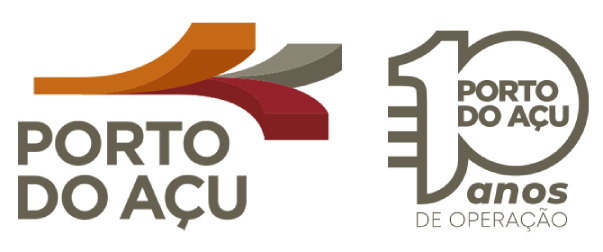In the beginning of December, representatives of the region’s three fishing colonies received the remaining results from the second phase of the Port of Açu Fishing Monitor Project, launched in April of this year. The latest presentation of the study’s results was done three months after the first analysis. During the monitoring, which will take place over two years, a total of six data analyses will be done. The enterprise, which developed the project voluntarily with the support of consulting firm Braço Social Consultoria, was designed to collect data on productivity, number and flow of fishing boats, and to deepen knowledge about this industry’s dynamics. To do so, the study has a team of 12 people, including coordinators, technical staff and local monitors who are members of the community trained by the company.
Devolutiva 2.jpgAccording to Caio Cunha, Social Responsibility manager at the Port of Açu, there have been significant advances from the first to the second data analysis presentation: “We are very satisfied with the results up until now and, mainly, to have been able to count on the spontaneous collaboration with the fishermen to obtain consistently and increasingly more solid results. The project strives to create socioeconomic understanding of local fishing, how it works on the whole, and its importance for the economy of the Northern part of the state of Rio de Janeiro. “The project will bring together important data on aligning the Port’s activities, the public authorities’ activities and the community of fishermen’s,” he reiterated.
Over the course of one week, those responsible for the project visited each of the five monitored areas to present updated information to the fishing communities. A printed report with the results of the study was turned in to the leaders of the fishing communities and banners with the more important numbers collected were hung in the fishermen’s community headquarters.
Devolutiva 3.jpgOceanographer Victor Patiri, director of Braço Social Consultoria, feels a good relationship with the fishermen is the basis for the efficiency of the entire project: “The results we are getting over these seven months of data collection are promising. As our fieldwork advances, the study becomes more consistent. Our challenge is for the fishermen to recognize the content generated by the daily monitoring of their activities. Thus the importance of the relationships of trust between the project and the fishermen, which our local monitors construct on a day to day basis.”
The data generated by the Fishing Monitor Project will periodically be shared with the public, the sector’s institutions and, especially, with the fishing communities through programmed visits and printed information.

